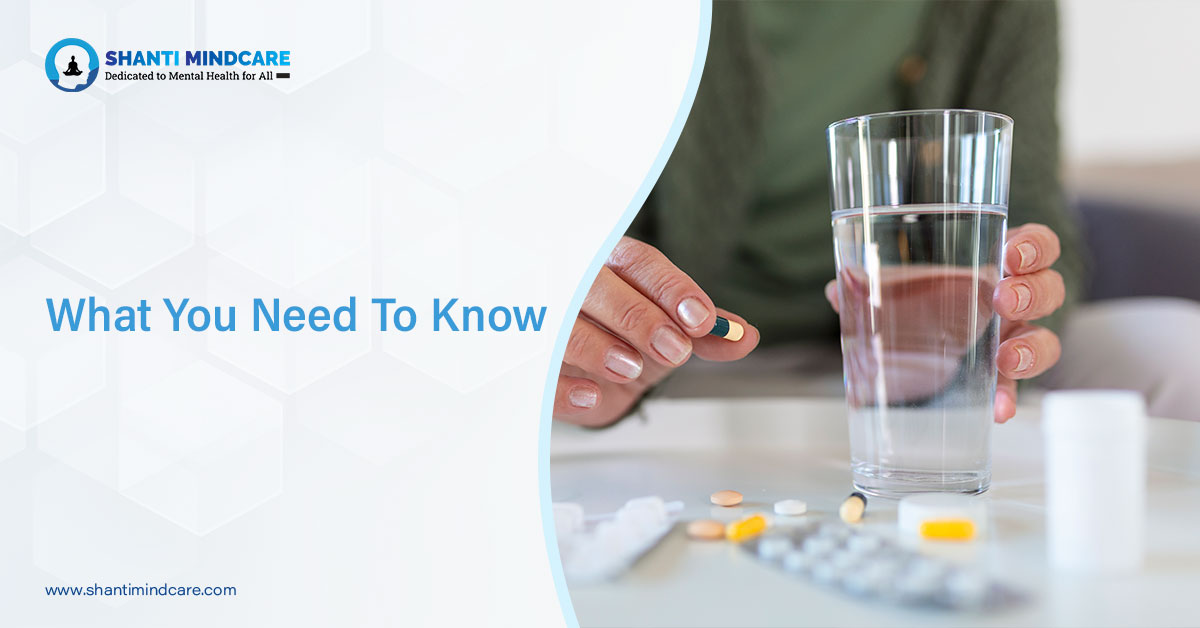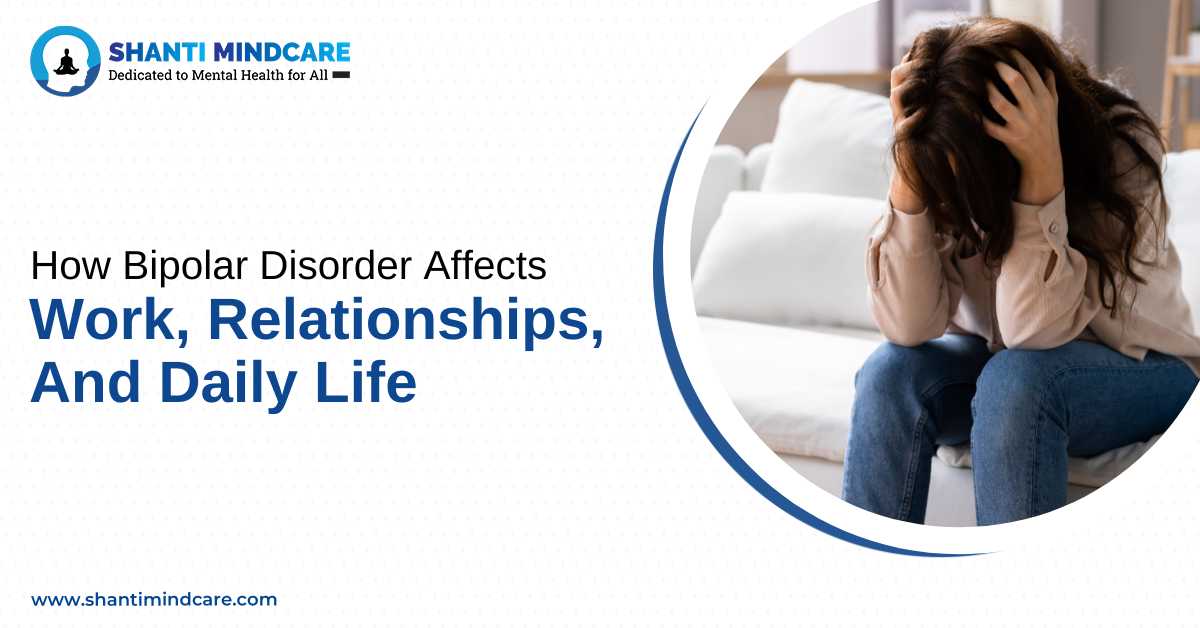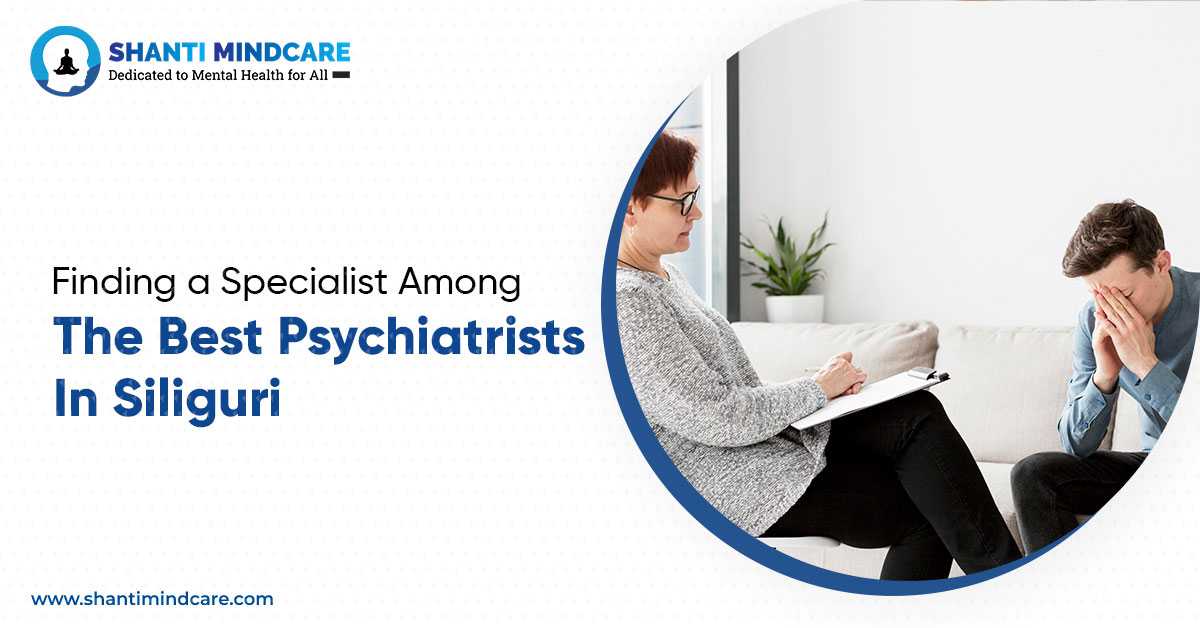Drug detoxification is a clinical procedure in which professionals help an addict remove toxic materials from his body. The program executed by a medical team aids in proper healing. In order to avoid side effects, make sure not to receive such treatments from random sources.
This blog shares insight into rapid drug detoxification. Opioid drugs refer to substances that create Morphine-like relief used for pain management. Doctors prescribe such drugs to ease acute pain. But overuse of opioids brings about damaging effects on the body. Consulting the leading doctors at the top rehabilitation centre in Siliguri can be of immense help.

Once you are given opioid medications, they reach your bloodstream. Those meds connect with your brain cells where there are opioid receptors. That receptors release signal that tones down your sense of pain. Addiction begins when this relief becomes an urge. Like other addictions, opioid addiction is also a long-standing condition. It interferes with the quality of life, resulting in:
- Nausea
- Vomiting
- Abdominal cramps
- Hospitalization
- Chronic constipation
- Depression
- Anxiety/psychological issues
- Abnormal breathing
- Complete respiratory arrest
- Arrhythmia
- Heart failure
- Stroke
- Brain damage
- Placental abnormalities
- Death
- Declined fertility
- Pregnancy loss/miscarriage
- Low testosterone production
- Sperm quality, quantity
- Birth defects
The detoxification process is performed under general anesthesia. During this program, drugs/toxins leave the liver, intestines, and kidneys. This specific detoxification procedure takes place in a hospital or accredited clinic. Withdrawal symptoms may be there, including:
- Muscle aches
- Anxiety
- Sleep disturbances
- Appetite change
- Runny nose
- Restlessness
- Eyes tearing up
- Abdominal craping
- Too much sweating
- Rapid heartbeat
- Diarrhea
- Blurry vision
- High blood pressure
- Nausea
- Vomiting
- Seizures
- Dehydration
Doctors may suggest an inpatient program so as to keep off risks. It’s very crucial that only if a medical expert recommends this treatment, go for it. Otherwise, one may end up developing adverse health complications ahead. The term might seem high-yielding but is not. Proper medical guidelines should be maintained to steer clear of health hazards.

To benefit opioid recovery, experts may advise therapy, counseling, outpatient programs, detoxification, or residential treatment. After-recovery assistance is central to well-being. But one must understand that rapid detoxification is not the ultimate cure. The National Institute on Drug Abuse stated in one of their articles that “Withdrawal No Easier With Ultrarapid Opiate Detox”.
It’s an expensive approach. Plus, it entails risks/side effects if not executed well, can be:
- Bodily stress
- Heart health issues
- Cardiac arrest
- Depression
- Anxiety
- Panic attacks
- Withdrawal symptoms
- Renal failure
- Liver failure
- Pulmonary distress, failure
- Psychosis
- Suicidal thoughts
- Drug addiction relapse
- Weakness
- Delirium
- Respiration distress
The patient and his family have the right to learn about the side effects. Such a detox procedure was first used in the 1980s with a mission to help addicts overcome opioid dependency. See the best medical team at the most reputed detox center in Siliguri town.
Optimal drug addiction recovery improves one’s wellness progressively. There’s nothing to give overnight outcomes. Since drug dependency overwhelms the brain with time, the healing cannot be fast. Receive compact clinical guidance on quality opioid addiction management.





